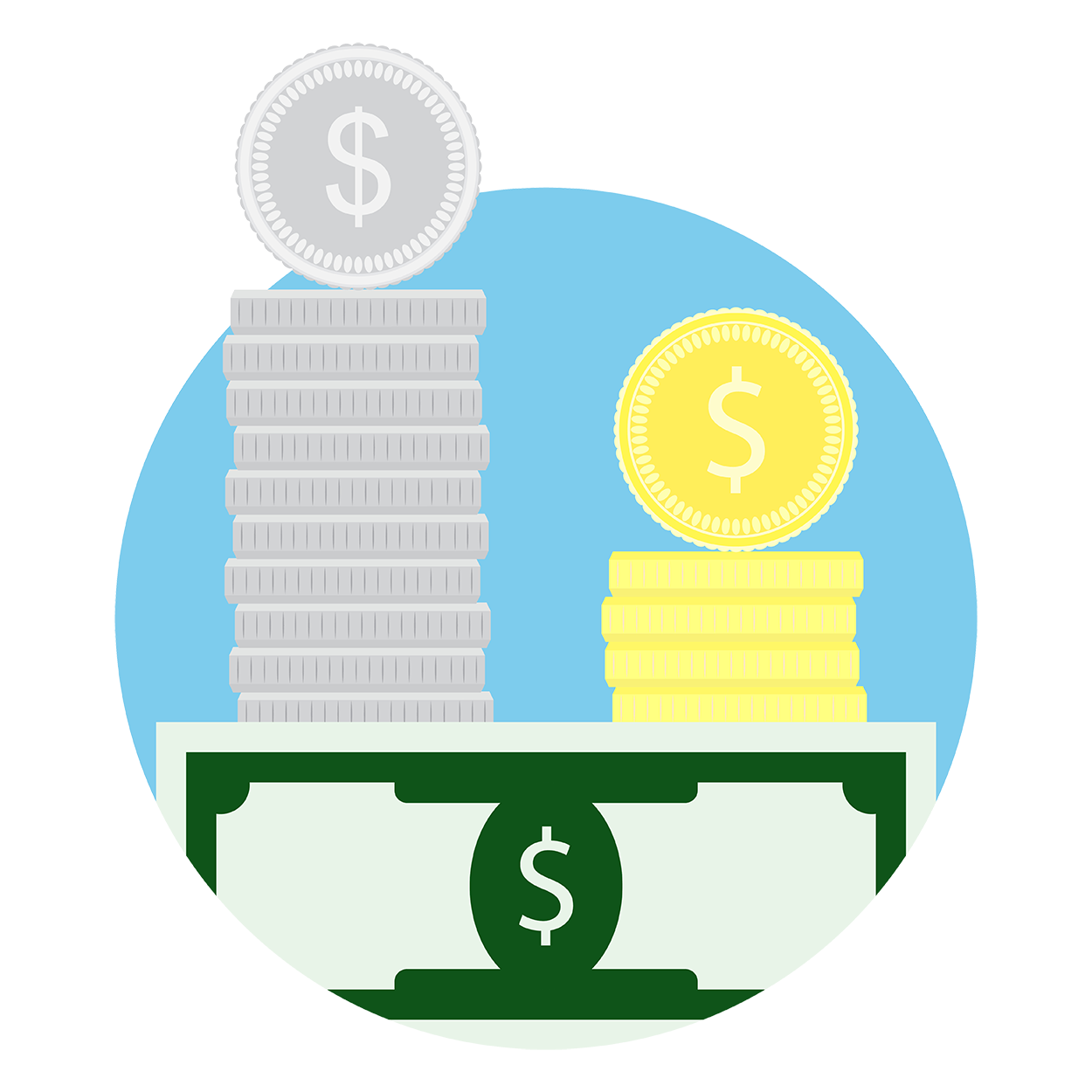This calculator will show you how much you will save if you make 1/2 of your mortgage payment every two weeks instead of making a full mortgage payment once a month. In effect, you will be making one extra mortgage payment per year -- without hardly noticing the additional cash outflow. But, as you're about to discover, you will certainly notice the "increased" cash flow that will occur when you pay your mortgage off way ahead of schedule!
For your convenience current Columbus mortgage rates are published below in case you would like to take advantage of current low interest rates and/or refinance into a shorter duration loan.
Current Columbus Mortgage Rates
We publish current Columbus mortgage rates. OH homebuyers and refinancers can use the filters at the top of the table to see the monthly payments and rates availble for their loans.
Bi-Weekly Budgeting Made Easy

For those who are anticipating the amortization of their mortgage as a day of untold financial freedom, there is good news that may not have ever occurred to you about how to improve your current payment system. The method of biweekly mortgage payments may not have been offered to your by your lender, fellow borrowers, or financial adviser, but it is a scheme that is so easy to accomplish and saves so much cash that you will never look back.
How to Follow the Biweekly Mortgage Payment Process
Biweekly mortgage payments occur twice a month, or once every two weeks. Saving money by paying half your mortgage bill twice a month, instead of your complete mortgage bill once a month, may at first sound like the financial version of an optical illusion to you, but it is tried and true. If you choose to pay half of your mortgage bill on the 1st of the month and half on the 15th, for example, you will essentially be paying 13 mortgage payments each year instead of 12. However, this slight increase in yearly output will not put a dent in your wallet – in fact, you are likely to not even notice it, as the difference is so slim. What you will notice is the giant jump in savings that occurs as a result of this method. You will end up paying off your mortgage early, which saves you a significant amount of interest, time, and undue financial stress.
How Much Can the Biweekly Method Save?
Take the example of a standard $100,000 mortgage which comes with monthly payments of $914.74 and an annual interest rate of 10.5%. This loan would take 30 years to pay off and cost you a bundle of interest over that time period. However, if you split your monthly bill into two biweekly payments of $457.37, the savings are incredible. The mortgage under this method will now only take 20.25 years to pay off leading to a $88,428.90 savings in interest alone. By paying twice a month instead of once a month, a full 117 payments are completely eliminated. Your average monthly savings alone equals out to $363.90. With this extra cash you suddenly have on hand, you may choose to invest differently, such as buying a car, paying off medical bills, or putting funds into your child's college account. Best of all, based on a 10% yield of the money saved during the life of the loan, you will have a whopping $180,073.29 in cash after 30 years under these circumstances.
Your average annual savings of $4,366.86 that are gained simply by changing one thing – paying your mortgage bill biweekly – are large enough to be substantial. Homeowners who have the resources and can afford to pay just a little bit more a little bit sooner and more often can get their finances in good shape by following this payment structure. After about two-thirds of the time it might have taken, your loan will amortize fully as its balance is paid off, and you will be left with a large sum of cash representing what you would have paid in interest if things had gone according to plan. Many lenders are willing to get on board with the biweekly payment method, since it saves them time and effort as well.
Prequalify for a Columbus Mortgage
Homebuyers and current homeowers living in Columbus can leverage the MRC lending network to find out which loans they will qualify for and get a free no-obligation quote on a Columbus home purchase or refinance.
 Biweekly vs Monthly Mortgage Calculator
Biweekly vs Monthly Mortgage Calculator